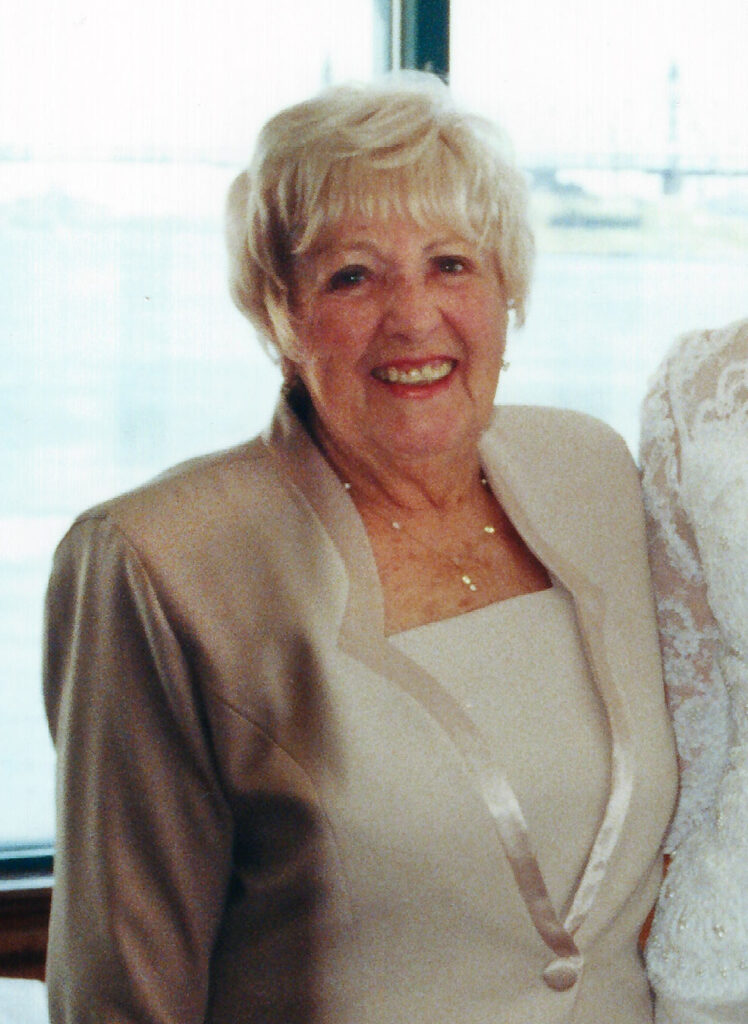I’m not very good at catching things. My hand-eye coordination isn’t great in general, but catching is a special case — because if a solid object is hurtling toward the upper half of one’s body, the natural impulse is to get out of the way. This is an impulse that we are supposed to learn to overcome in childhood, but I never did. The best I was able to do is engage in a halfhearted performance of looking like I was trying to catch the thing while still getting out of the way.
Despite this handicap, I still manage to live among civilized people, because catching things isn’t an essential part of everyday life. But there are far riskier things that we must learn to do because one can’t lead a full life without them. Probably the best example is driving. I can get in a car and drive at high speeds on a freeway, closely surrounded by other cars, without giving it a second thought. On those rare occasions where I do give it a second thought — when I’m behind the wheel on an interstate, casually listening to a podcast while tearing along at 80 miles per hour, and suddenly think, “Ohmigod, what am I doing? Am I crazy?” — there’s no immediate equivalent to getting out of the way.
Think of how we routinely invite foods and medicines directly into our bodies without having any idea where they came from, or trust our safety to the strangers who repair our cars and build our bridges, or get into a shower with a bar of slippery soap. We don’t even think of these things as being dangerous, because to do so would essentially stop us from living our lives. There are, in fact, some people who refuse to do commonplace things on account of the real risks involved, but we tend to consider them deluded instead of recognizing that they’re being rational, and we’re the ones who are deluded.
It’s become commonly accepted wisdom that the key to success in life is facing and overcoming our fears. This doctrine overlooks the fact that fear exists for a reason: to keep us safe. The important thing is to differentiate between the fears that are irrational — fear of spiders, for example — and fears that are well-founded, such as fear of investing our life savings in a questionable business venture.
For some people, overcoming fear is an end in itself. They’ll decide to try skydiving, not because they think plunging thousands of feet toward earth will be a pleasant experience, but because they want to prove to themselves that they can do it. I can’t call such people unreasonable — statistically, deaths from skydiving are rare — but I’d think they’d want to reserve those fear-overcoming impulses for times where they can accomplish something more practical.
I once went ziplining over a Santa Cruz redwood grove, mostly because I was with a group of people who all wanted to do it. The prospect of doing it was frightening, but I realized that my fear was irrational, since people go ziplining all of the time without plummeting to their deaths. So I swooped over the redwoods, and survived. I guess that counts as proving to myself that I could do it, but I’m not sure how that’s valuable. I certainly wouldn’t do it again, because the one thing I remember about the experience is that it was scary. And unlike people who flock to horror movies and roller coasters, I don’t find being terrified to be enjoyable.
There have been times in my life when I’ve deliberately faced my fears, but those were times when I had something to gain by doing so. My first job after college was with an educational publishing company, where I rose quickly from production assistant to the person essentially in charge of audiovisual production. It was secure employment, doing something that I was good at, and I got regular paychecks and benefits. But after six years or so, I began to feel that I’d learned everything I could learn there, and so I decided to quit my job and become a freelancer. It was probably the most frightening decision I’ve ever made, since I had no safety net other than a small savings account, but it was something I knew I needed to do. The fear was intense but irrelevant.
Sometimes, there’s no choice but to face your fear. I vividly remember being stranded when I was twelve years old. I was on a teen study tour of France — a prize I’d won in a French contest — where I was known as Mouse, since I was the youngest one in the group. After five weeks in France, we spent a week in England, living in a dormitory in Reading and commuting by train to London. The first day, at the Reading train station, I somehow got separated from the others, who (unknowingly) boarded the train to London without me. So what do you do when you’re a mouse who’s alone in a foreign country? What I did was take the next train to London, spend a day sightseeing on my own — I remember going to Madame Tussaud’s and later shopping for souvenirs — and take the train back to Reading. I then hitchhiked from the train station back to our dorm. I’m not sure anyone ever realized I was gone.
Was it frightening? Definitely — especially the hitchhiking part. Would I do it again? Who knows, since I’m quite unlikely ever to be in the same predicament. But it’s good to know that when circumstances require, I can get past my fear and do what needs to be done.





Recent Comments